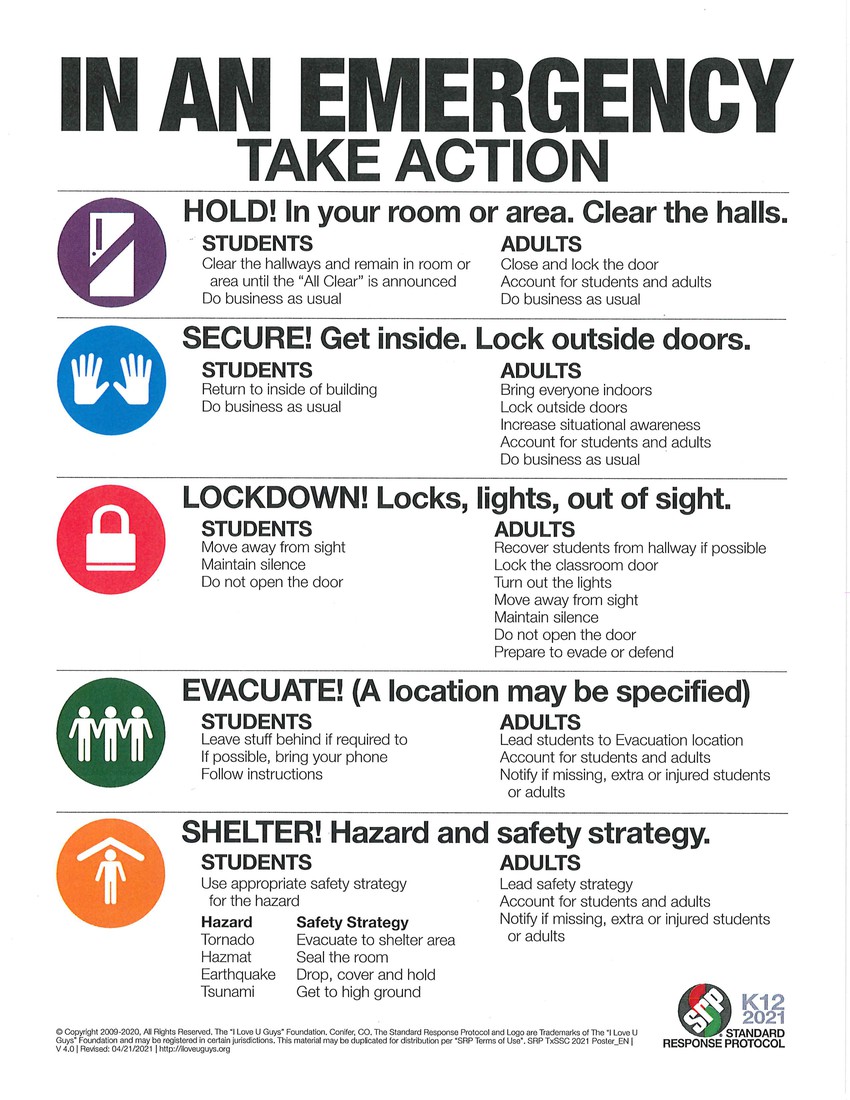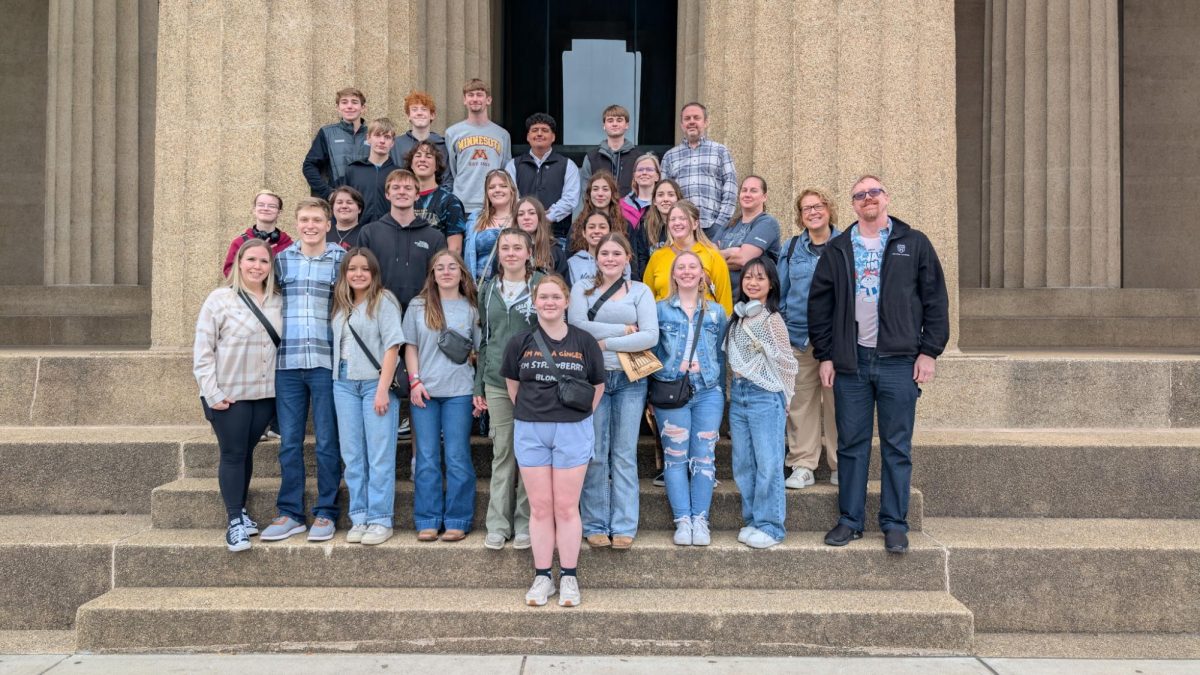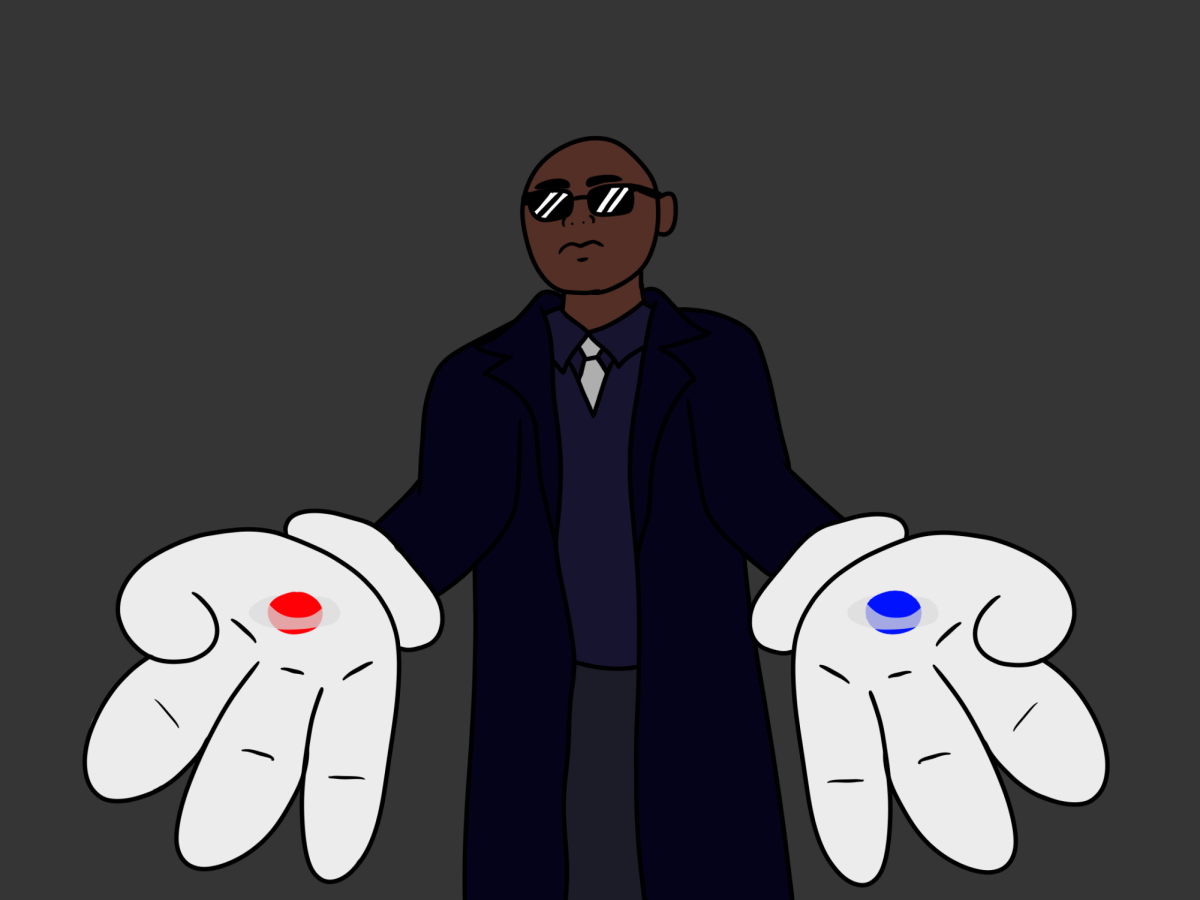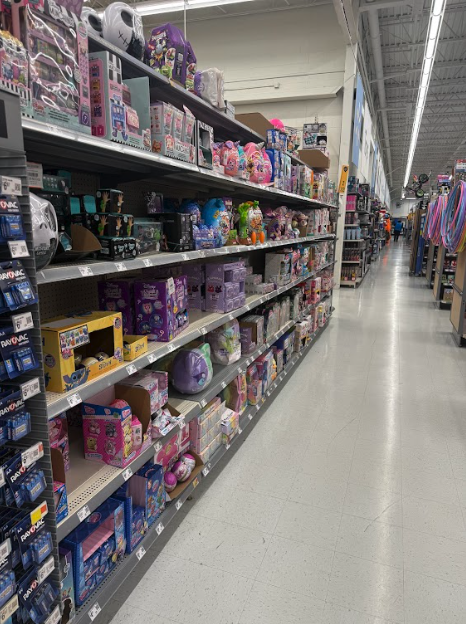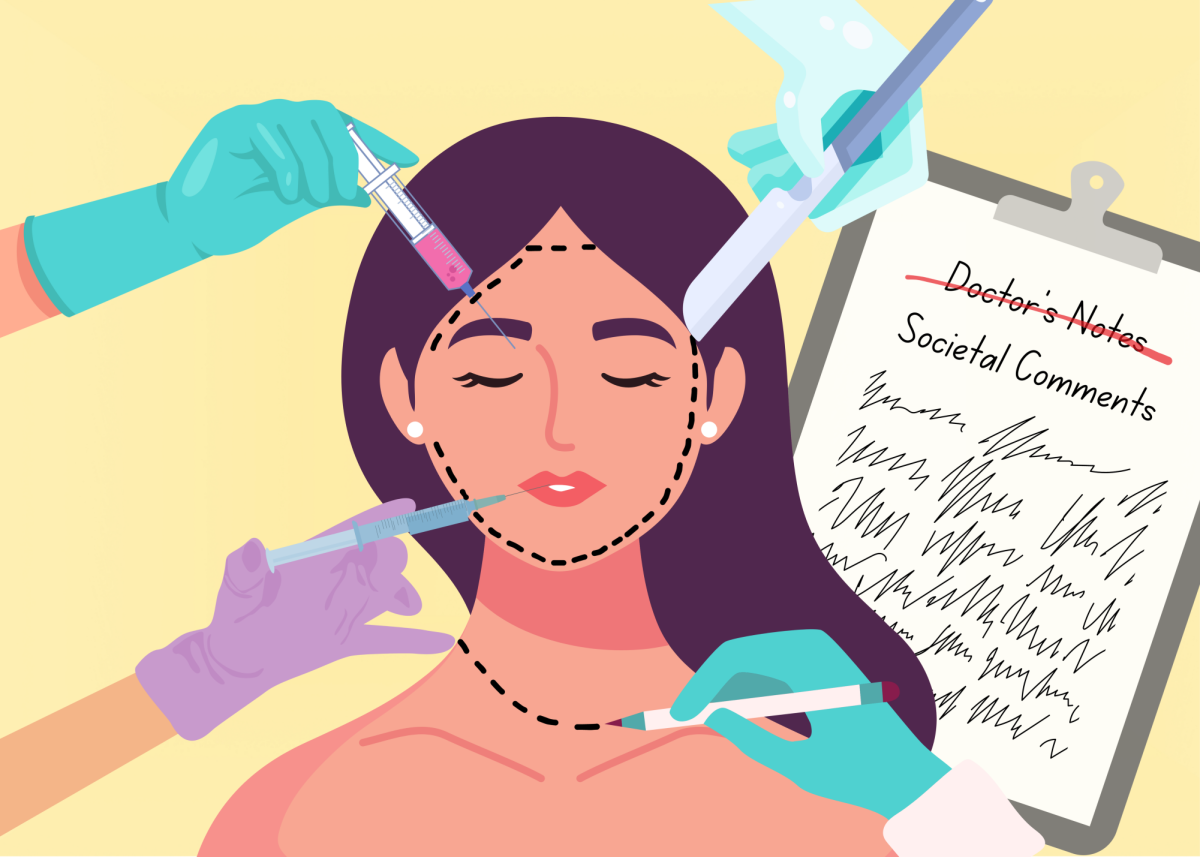According to The Zogby Poll 2.5 percent U.S. citizens are vegan and 3.2 percent are vegetarian. But why?
Health benefits are the number one reason people choose to follow a vegan/vegetarian diet. Research shows vegetarian diets lower the risk for obesity, cardiovascular disease, hypertension, type II diabetes, some cancers, (including lung and breast) and gallstones. The lowering of these risks comes from less cholesterol. Vegan diets are cholesterol free.
A frequently asked question is “what’s the difference between vegan and vegetarian?” It’s a simple mix-up. Veganism is the diet in which you don’t eat meat, dairy products, or any type of animal-derived ingredients. Some vegans even go as far as not eating honey or drinking certain sorts of wine. A vegetarian diet allows you to eat dairy products, such as milk and eggs, but does not allow you to eat beef, pork, poultry, fish or shellfish. The common denominator of both diets is no meat.
“I find it pointless to eat something you can live a complete healthy life without,” said sophomore Vanessa Woollard, vegetarian since 2006.
Choosing to follow a vegan/vegetarian diet has many things to do with the environment and animal rights. Sixteen billion animals are killed each year for food in the U.S. These animals endure brutal living conditions. Living in filthy, disease-ridden sheds, forced to endure long trips to the slaughter house without food or water and transported through harsh weather. These facts have a huge impact on why vegetarians and vegans do not eat meat.
“The way the animals are treated aren’t OK,” Woollard said. “I’m completely for animal rights.”
People may be drawn to vegan or vegetarianism by all kinds of motives. To live longer, have healthier lives, save animals, and for cultural or religion reasons. Vegan and vegetarianism is a lifestyle choice. Your lifestyle choice.
A Better Choice : Veganism and vegetarianism lessens chance of health problems
Emily Brazil
•
March 23, 2012
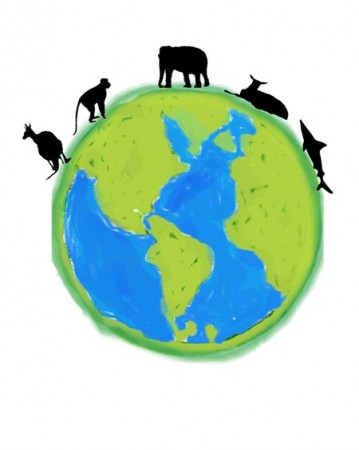

![“This [photo] is basically the same area,” said science teacher Todd Mikkelsen. “So that [the cover photo] was my photo at dusk. Here it is at night time and there’s something jetting up out of the ground. So it’s the same location, different dates, two different cameras picked up an anomaly in the same region.”](https://www.ahlahasa.com/wp-content/uploads/2025/09/Ghost-Cover-1200x901.png)
